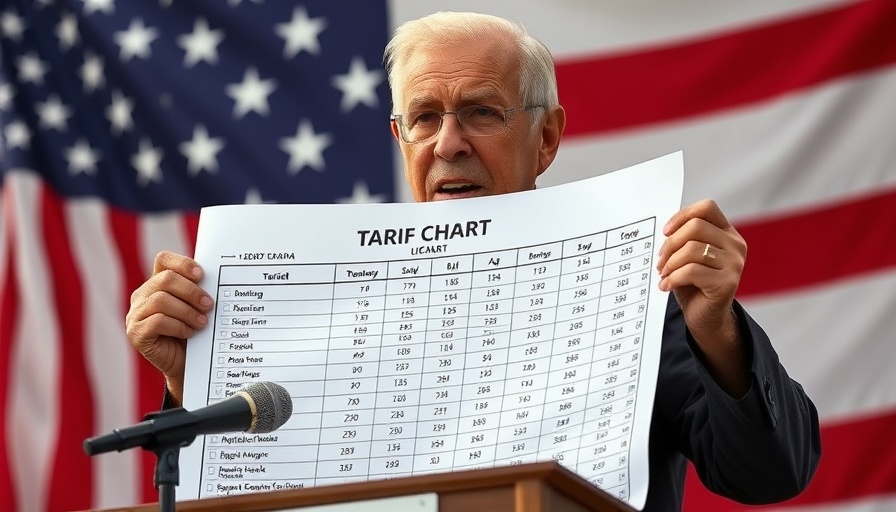
Trump's Impact on Global Relations: An Overview
In recent years, the United States has undergone significant shifts in its foreign policy, particularly under Donald Trump's leadership. Known for his transactional approach to diplomacy, Trump's actions have sparked intense debate about the future of global alliances. Many experts argue that his presidency has eroded long-standing partnerships, leaving both allies and adversaries uncertain about America's commitments on the world stage.
Historical Context: The Evolution of U.S. Alliances
The U.S. has traditionally maintained strong alliances through organizations like NATO and partnerships in the Asia-Pacific region. These alliances have been built upon trust, mutual defense agreements, and shared values. Trump's unorthodox methods, including public criticisms of allies and prioritizing national interests over global cooperation, represent a stark departure from past diplomatic norms, raising questions about the effectiveness of such a strategy in a highly interconnected world.
Why This Matters: The Social Connection to American Interests
The disintegration of established alliances directly affects American interests abroad and can have profound implications at home. For instance, the ravages of a trade war with allies create not just economic risks for industries, including Silicon Valley startups reliant on international markets, but also affect employment trends and investment strategies. Businesses thrive on stability, and uncertainty can hinder growth and innovation crucial for holding competitive advantages in today's economy.
Anecdotal Evidence and Warning Signs
Select industries are feeling the impact of Trump's direction; European businesses are contemplating investment strategies recalibrated for a less predictable American market. Furthermore, the shifting dynamics have created a platform for narrative around trust—could current policies sow distrust in U.S. corporate culture and leadership?
Analyzing Future Trends: Opportunities Amidst Challenges
While Trump's tactics could be seen as damaging, there are potential silver linings. For Bay Area entrepreneurs and local businesses, shifts in global alliances create opportunities for unique markets to emerge, emphasizing the importance of adaptability and innovative business growth strategies. As old alliances wane, emerging economies could become new partners for international collaborations, particularly for tech industries focused on digital transformation.
Counterarguments: A Case for a New Order?
Some analysts argue that the erosion of traditional alliances could be beneficial. This perspective holds that a more nationalist approach allows the U.S. to re-evaluate its commitments and prioritize direct benefits that could enhance local business operations. This could translate to a revitalization of several industries that push for more localized strategies and sustainable business practices.
The Relevance to Current Events: What Lies Ahead?
The current political landscape poses significant challenges and questions for the future. With negotiations around trade deals and military partnerships becoming ever more scrutinized, how will American businesses navigate this new terrain? Will there be a backlash against industries reliant on foreign investments and partnerships?
Making Decisions and Considering Next Steps
As all of this unfolds, businesses and entrepreneurs should stay informed on international business news, economic forecasts, and market analysis trends. Understanding the implications of these geopolitical shifts helps in developing sound business growth strategies. Connecting with corporate partnerships focused on sustainability can also foster innovation in uncertain times, ensuring that companies remain resilient.
As America’s relationships evolve, staying attuned to these dynamics can lead not only to survival but to prosperity. Bay Area businesses, in particular, must leverage this shift by seeking innovative solutions that align with changing global narratives.
 Add Row
Add Row  Add
Add 



Write A Comment